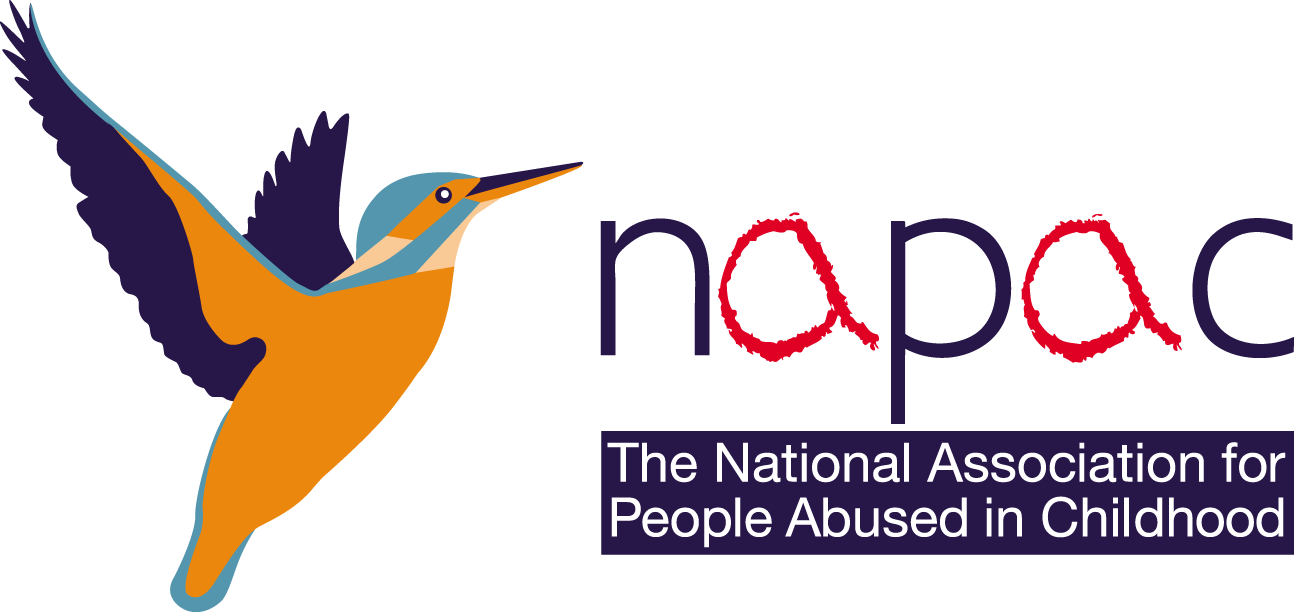It is Cervical Cancer Prevention Week from 22-28 January 2018 and #SmearForSmear 2018 is spreading the message that smear tests save lives. Cervical screening is not pain free or easy for everyone.
NAPAC’s support line team often hear from female survivors who are understandably fearful of intimate examinations, even when they have cause for concern. Balancing the fear of re-traumatisation against serious health risks can feel overwhelming for many survivors.
Any medical examination can feel disempowering and threatening to a person, whether they have an abuse history or not. However, the nature and practicalities of cervical screening can be extremely triggering to a survivor of sexual abuse to the point that many experience flashbacks or extreme dissociation.
While it is the practitioners’ responsibility to apply trauma-informed practice, survivors can play an active part in ensuring that they remain in control during the process. Here are some tips, shared by survivors, which have successfully improved their experience of a cervical screening.
1. Take time and space before the examination to speak to the practitioner about your anxieties and fears. You don’t have to disclose your abuse history – this is always your choice — but you can speak about your fears in general terms.
2. Take a friend or other supporter to be present during the examination.
3. Demand privacy and safety throughout the process. It is the practitioners’ responsibility to meet these needs.
4. If you do not feel safe with the practitioner, ask if there is someone else who can carry out the examination. You do not have to give a reason.
5. Tell the practitioner what might be the most triggering aspect of the examination for you and discuss alternatives. This can include the use of certain words or phrases. For example, many practitioners tell clients to “relax” – a command sometimes used by abusers that can be highly triggering.
6. You have the right to halt the examination at any point. Agree with the practitioner how you might communicate this – voice, hand signal etc.
7. Take time and space for your body to process the experience after the appointment. Do something that feels kind and compassionate towards yourself.
NAPAC carried out some research with Queen Mary University of London in 2012 ‘The effects of childhood sexual abuse on women’s lives and their attitudes to cervical screening’, which was published by the BMJ Sexual & Reproductive Health.
Key findings
• A history of sexual abuse can be a barrier to attendance for cervical screening.
• Those who have been abused find it very difficult to disclose their abuse history.
• Sensitivity to the issues and allowing more time could improve women’s experience.
• Sharing control and support may empower women who have been sexually abused and ensure that they attend regularly for cervical screening.
